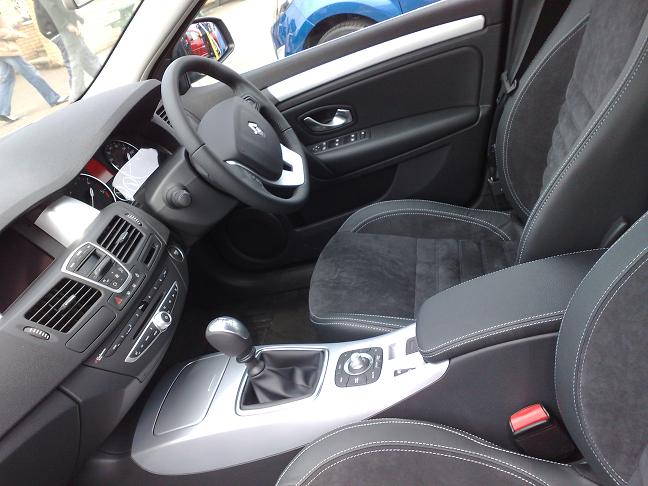
I’ve gone for the gender-undefined person in the title, however when purchasing a car, statistically it’ll be the case that you’ll be speaking to a man, rather than a woman. Regardless, there are some key things that you should be aware of when going to purchase a vehicle. I hope that these helpful hints and tips really do make sure that you get what you want when you go to buy your new set of wheels.
* Make sure that you’re specific about your requirements. The more specific you are, the more likely you are to get exactly what you want. Trade value is very different to what your car is worth, so bear that in mind when thinking of how much you’d like to spend. There may be a disparity between what you have to trade in and what you can afford. A sales person will always try to take you just above your budget, so give them the lower amount, rather than the higher. This way you won’t be breaking the bank.
* Try to become knowledgeable and well informed about the industry as a whole if you can. If you know for instance that sales of 4×4 vehicles are being extremely slow at the moment (which they are) then you are in a better bargaining position in order to get a good deal. However, there are some makes and models (particularly prestige lines) that will still hold value, so don’t push on vehicles that you won’t get a deal on – you’ll only serve to annoy the dealership. Even better, test drive the type(s) of car(s) that you’re after. If you can tell a ‘good’ one from a ‘bad’ one then be prepared to walk away when you find the latter.
* Be realistic but ask questions. If you’re buying used, unless it is from a main dealer then you’re probably going to see a few dings on your vehicle in the form of paint scratches, stone chips etc. Provided the mechanicals are perfect and certified, you could even have these fixed yourself. A used dealership however that is selling a ‘perfect’ example is opening themselves up to negotiation when you find the inevitable marks of use. In terms of questions, check the cars history; ask to see documentation and try to find out (if possible) what sort of use the car has had. Unless it’s a specialist vehicle then you should probably avoid something that’s been ragged around a track – however if you’re planning on just that then it shouldn’t be a problem.
* Be polite, but stick to your guns. If you have an absolutely set amount and the sales person is trying to push you just above that, look at the deal. Is it worth it? If not, tell them “thank you for your time, but I can’t see this working for me today. Please give me a call if you there’s any more movement on the offer”. This will bring them to their senses. You can also use this if you just want to get out of the forecourt.
* Get what you should from your trade-in. Quite often, in their excitement over a new motor, a buyer will test drive a new car (more on that later) and will almost forget their old one. This results in an agreed undervaluation by the salesperson that is quite happily accepted by the buyer. The reason for this is simple – they are just too excited about their new vehicle. Ironically, some may suffer buyers’ remorse when they realise how much they have been ripped off by.
* Check everything before signing on the dotted line. Generally speaking, you can take as little or as long as you like to buy your car – though don’t expect too much dealer attention if it is clear you are just browsing. If you are buying however, never be rushed. Take your time. Do a test drive, or even two. Check and double check every document including all servicing records, mileages etc. When you’re satisfied (and only then), then go ahead and put your name down. At this point, you may be able to get some free items such as a full valet, floor mats and free shampoo etc.
So there we have it, some expert tips to really help you out the next time that you go to make a purchase. Remember, there’s no such thing as a perfect car, only the car that’s right for you. Happy motoring!